Economics
The economics genre examines how individuals, businesses, and governments make choices about allocating resources.

Tiny Beautiful Things
Tiny Beautiful Things is a collection of advice columns from Cheryl Strayed’s time as the anonymous online persona “Sugar.” Blending raw honesty, compassion, and literary elegance, Strayed addresses readers' personal struggles with love, loss, addiction, grief, and identity. Her replies are part memoir, part guidance, filled with empathy and hard-earned wisdom. What sets this book apart is its emotional depth and fearless confrontation of life’s toughest questions. It’s not just advice—it’s soul-baring storytelling. A moving, intimate, and often healing read, Tiny Beautiful Things is a testament to human vulnerability and resilience.
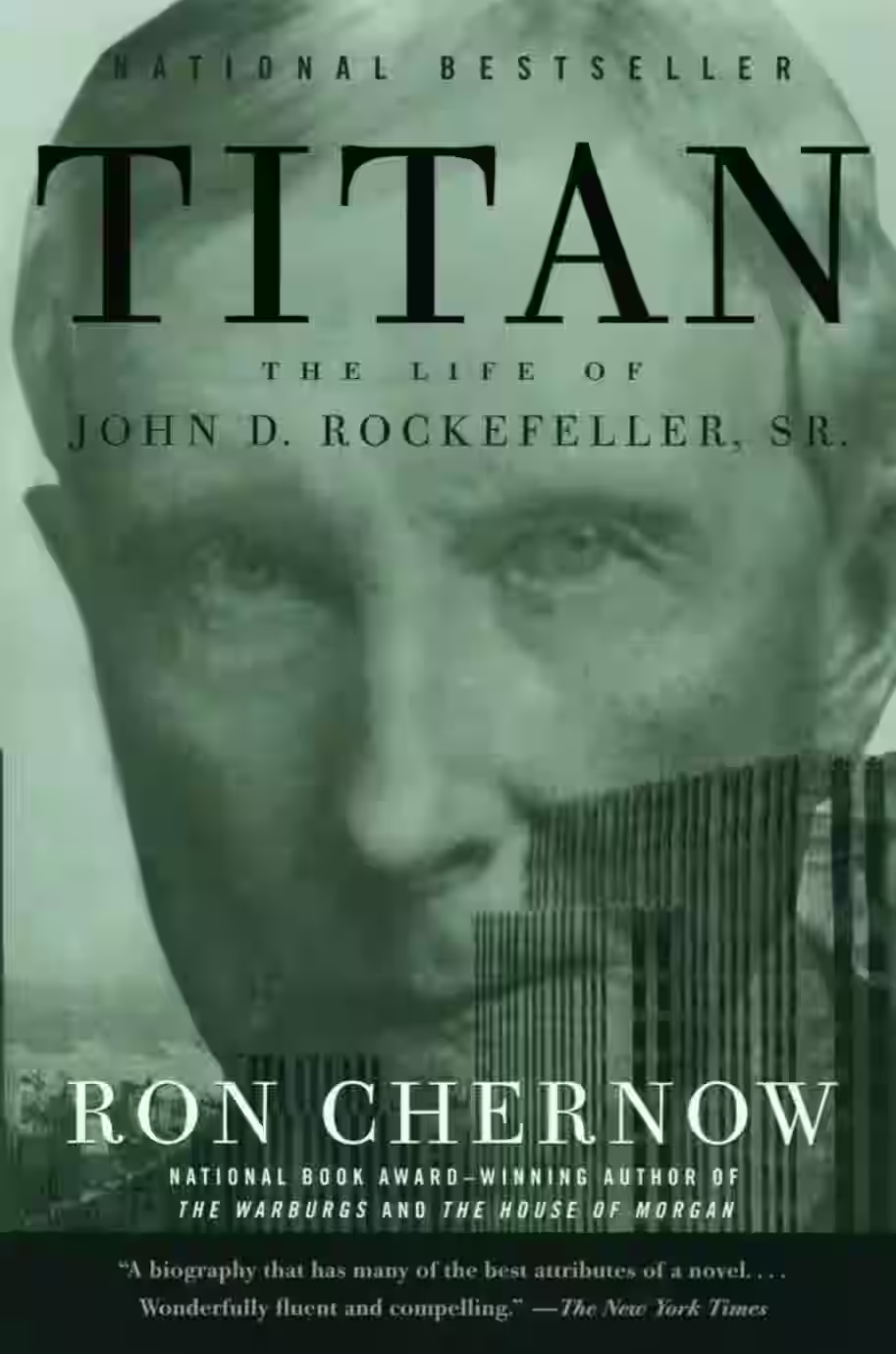
Titan: The Life of John D. Rockefeller, Sr.
by Ron Chernow
In 'Titan: The Life of John D. Rockefeller, Sr.,' Ron Chernow delves into the compelling and controversial life of one of America's most influential figures. Through meticulous research and captivating storytelling, Chernow explores Rockefeller's rise to power in the oil industry, his ruthless business tactics, and his complex personal life. The book sheds light on the industrialization of America, the impact of monopolies, and the ethical dilemmas faced by a titan of industry. Chernow's narrative skillfully navigates through Rockefeller's triumphs and controversies, offering a nuanced portrait of a man both revered and reviled in equal measure.

The Shock Doctrine
by Naomi Klein
Naomi Klein's 'The Shock Doctrine' is a thought-provoking and eye-opening exploration of the impact of disaster capitalism on societies worldwide. Through meticulous research and compelling analysis, Klein unveils a pattern where economic elites exploit moments of crisis to push through radical free-market policies, dismantling social structures and widening economic inequality. She takes readers on a journey through various historical and contemporary examples, from Pinochet's Chile to post-Katrina New Orleans, illustrating how this 'shock doctrine' perpetuates a cycle of exploitation and suffering. Klein's narrative is both enlightening and unsettling, urging readers to question the intersection of capitalism and disaster response.
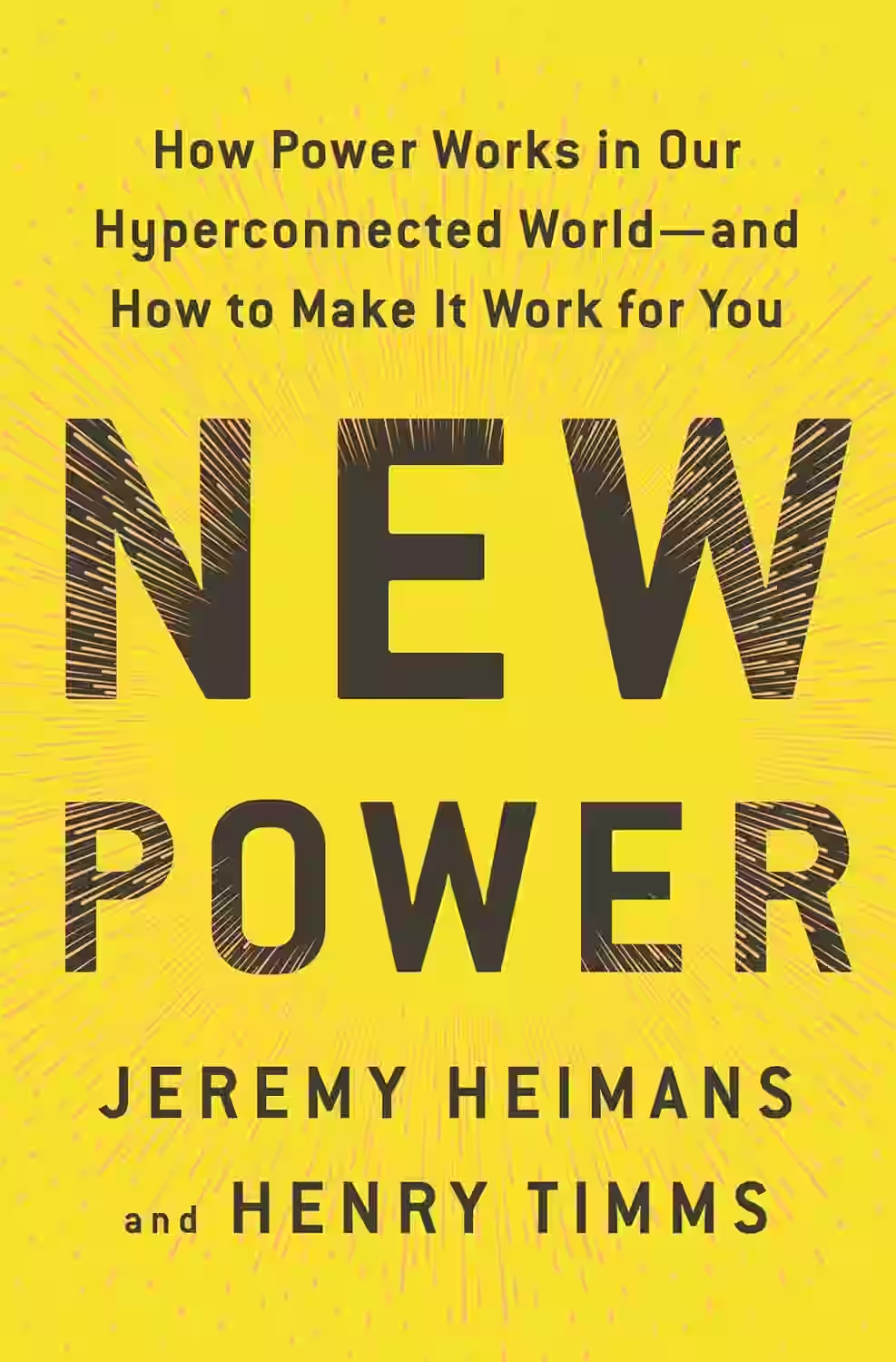
New Power: How Power Works in Our Hyperconnected World
by Jeremy Heimans, Henry Timms
New Power explores how influence, leadership, and engagement have evolved in the digital age. The authors contrast "old power"—top-down, closed, and leader-driven—with "new power"—open, participatory, and crowd-sourced. Through case studies like #MeToo, Airbnb, and TED, they show how modern movements and brands leverage community and transparency. The book offers tools for leaders, activists, and entrepreneurs to harness this shift effectively. Branson and other innovators have praised New Power for its relevance in today’s hyperconnected world, where collaboration and authenticity often matter more than hierarchy or control.
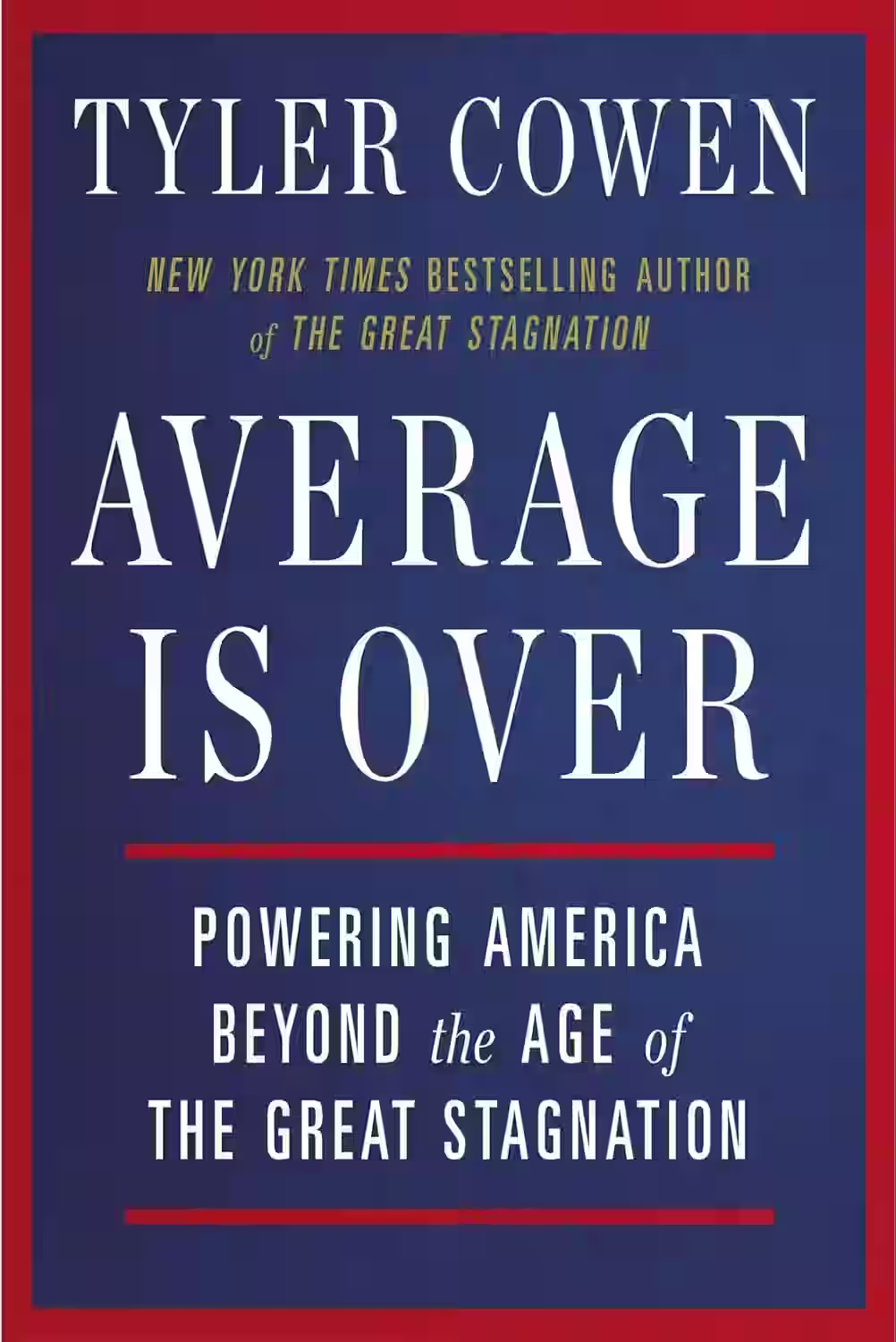
Average Is Over
by Tyler Cowen
In Average Is Over, economist Tyler Cowen explores the future of work and society in an age of technological disruption and widening inequality. He argues that automation and artificial intelligence will create a divide between those who can work with technology and those who cannot. The book predicts a future of high performance rewarded greatly, while the "average" worker may struggle. Cowen’s provocative analysis addresses education, economics, and social mobility, offering both warnings and strategies for adapting to a changing landscape. It’s an essential read for understanding the forces reshaping labor, wealth, and opportunity in the 21st century.
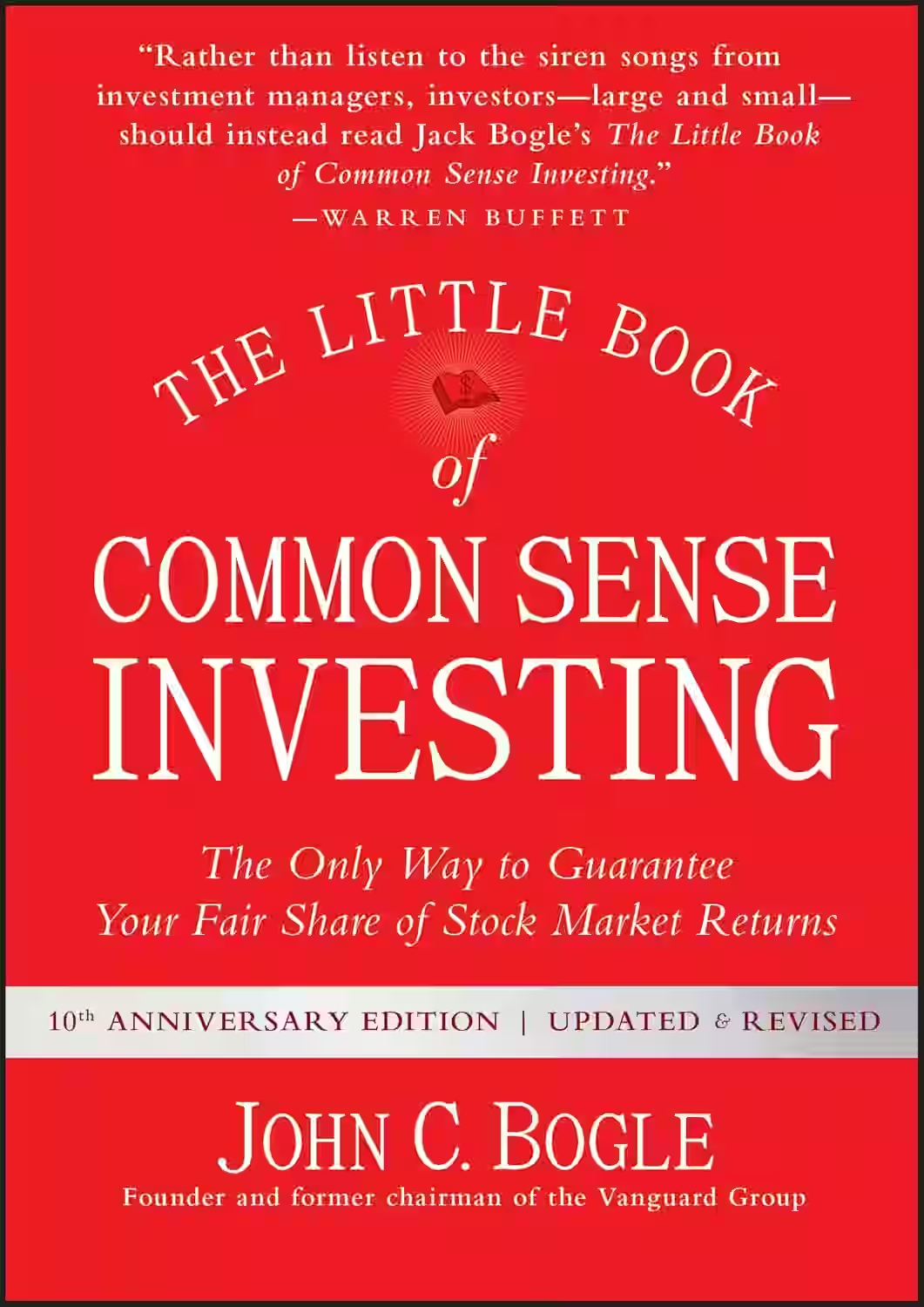
The Little Book of Common Sense Investing
In 'The Little Book of Common Sense Investing', John C. Bogle, the founder of Vanguard Group, delivers a compelling argument for passive index investing as a tried-and-true strategy for long-term financial success. Bogle breaks down complex financial concepts into simple, accessible advice for both seasoned investors and beginners. He highlights the pitfalls of high-cost, actively managed funds and advocates for a low-cost, buy-and-hold approach to investing. With a focus on minimizing fees and maximizing long-term returns, Bogle's book serves as a practical guide for investors looking to navigate the often tumultuous world of finance with prudence and common sense.
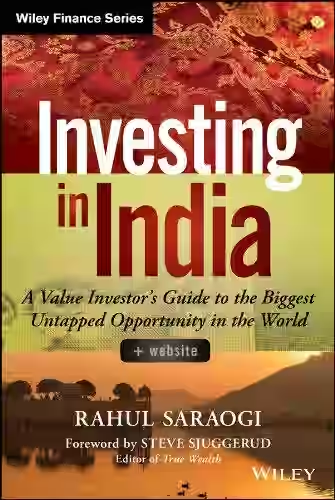
Investing in India: A Value Investor's Guide to the Biggest Untapped Opportunity in the World
Investing in India: A Value Investor's Guide to the Biggest Untapped Opportunity in the World by Rahul Saraogi is a comprehensive book that delves into the intricacies of investing in one of the fastest-growing economies. Saraogi combines his expertise as a seasoned investor with a deep understanding of the Indian market to provide readers with valuable insights and practical advice. The book covers topics such as market analysis, risk management, and identifying undervalued opportunities in the Indian stock market. It offers a well-rounded perspective on the potential for growth in India and equips investors with the tools needed to navigate this lucrative yet complex market.

Die With Zero
by Pill Perkins
In 'Die with Zero' by Bill Perkins, readers are taken on a thought-provoking journey challenging the traditional concept of saving money for old age. The author argues that instead of leaving an inheritance, individuals should spend their money and time on experiences that bring them joy and fulfillment. Through a combination of financial strategies and philosophical reflections, Perkins presents a compelling case for living life to the fullest now, rather than deferring enjoyment for later. This book encourages readers to reassess their priorities, shift their mindset about wealth, and embrace a more present-focused approach to living. 'Die with Zero' sparks important conversations about legacy, happiness, and financial planning.

Atlas Shrugged
by Ayn Rand
Ayn Rand’s sprawling philosophical novel envisions a dystopian America where the innovators and thinkers go on strike, withdrawing their talents from a society that exploits them. Through the story of Dagny Taggart and John Galt, Rand dramatizes her philosophy of Objectivism—championing reason, individualism, and capitalism. The book critiques collectivism and portrays the struggle of creative minds against government control and mediocrity. Both celebrated and controversial, Atlas Shrugged has been influential in political and economic thought, especially among libertarians. It challenges readers to consider the moral role of self-interest and the consequences of stifling human excellence.

The Wealth of Nations: Books I-III
by Adam Smith
Series: The Wealth of Nations (#1)
In Books I–III of The Wealth of Nations, Adam Smith lays the foundation of classical economics by exploring the nature of labor, productivity, and market systems. He introduces the concept of the "invisible hand" and argues that individual self-interest can promote the public good through free-market mechanisms. Book I focuses on the division of labor and value, Book II on capital and stock, and Book III on the historical evolution of economic systems. Smith’s analysis of productivity, competition, and the role of self-regulation revolutionized economic thought and established key principles that underpin modern capitalism and economic theory.
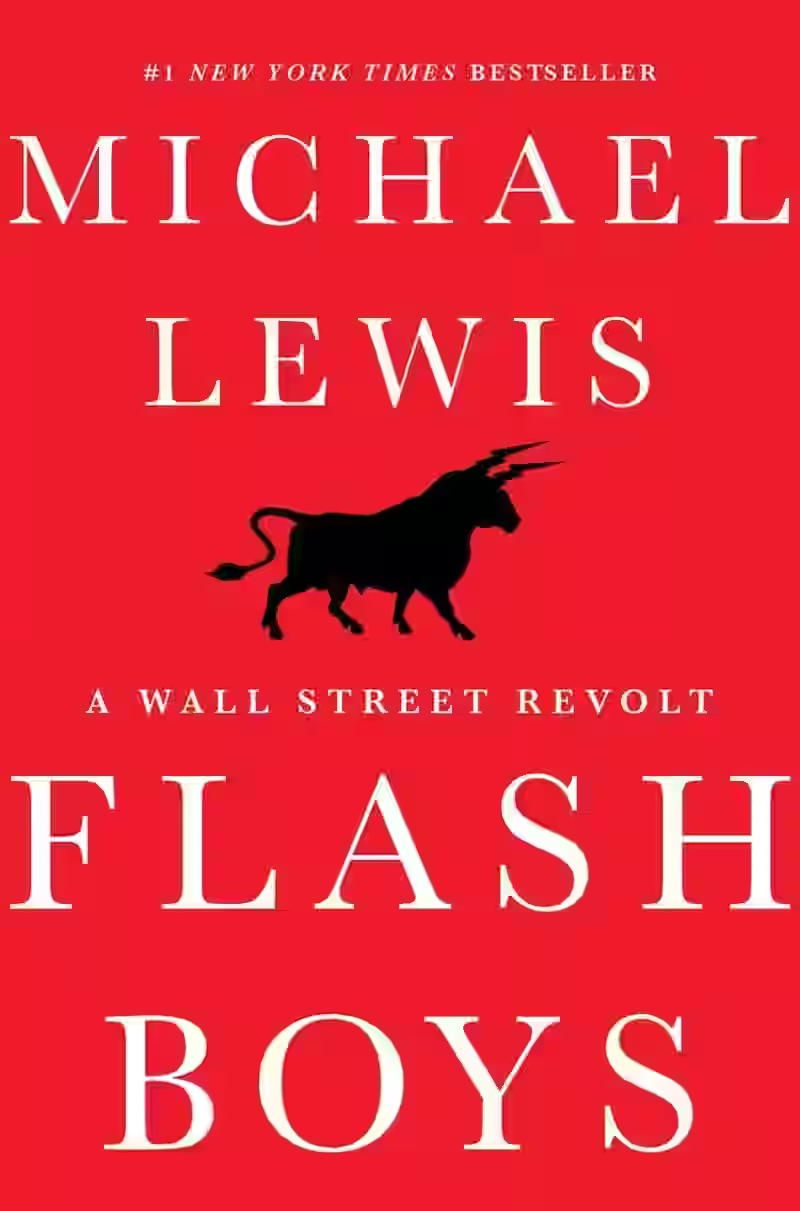
Flash Boys: A Wall Street Revolt
In 'Flash Boys: A Wall Street Revolt' by Michael Lewis, readers are taken on a gripping journey into the world of high-frequency trading and its impact on the financial markets. Lewis delves deep into the story of a group of Wall Street outsiders who uncover the unfair advantages held by high-frequency traders and set out to reform the system. The book explores themes of greed, manipulation, and the quest for justice in a complex financial landscape. With compelling storytelling and sharp analysis, Lewis sheds light on the dark corners of Wall Street, leaving readers questioning the ethics and practices of modern finance.
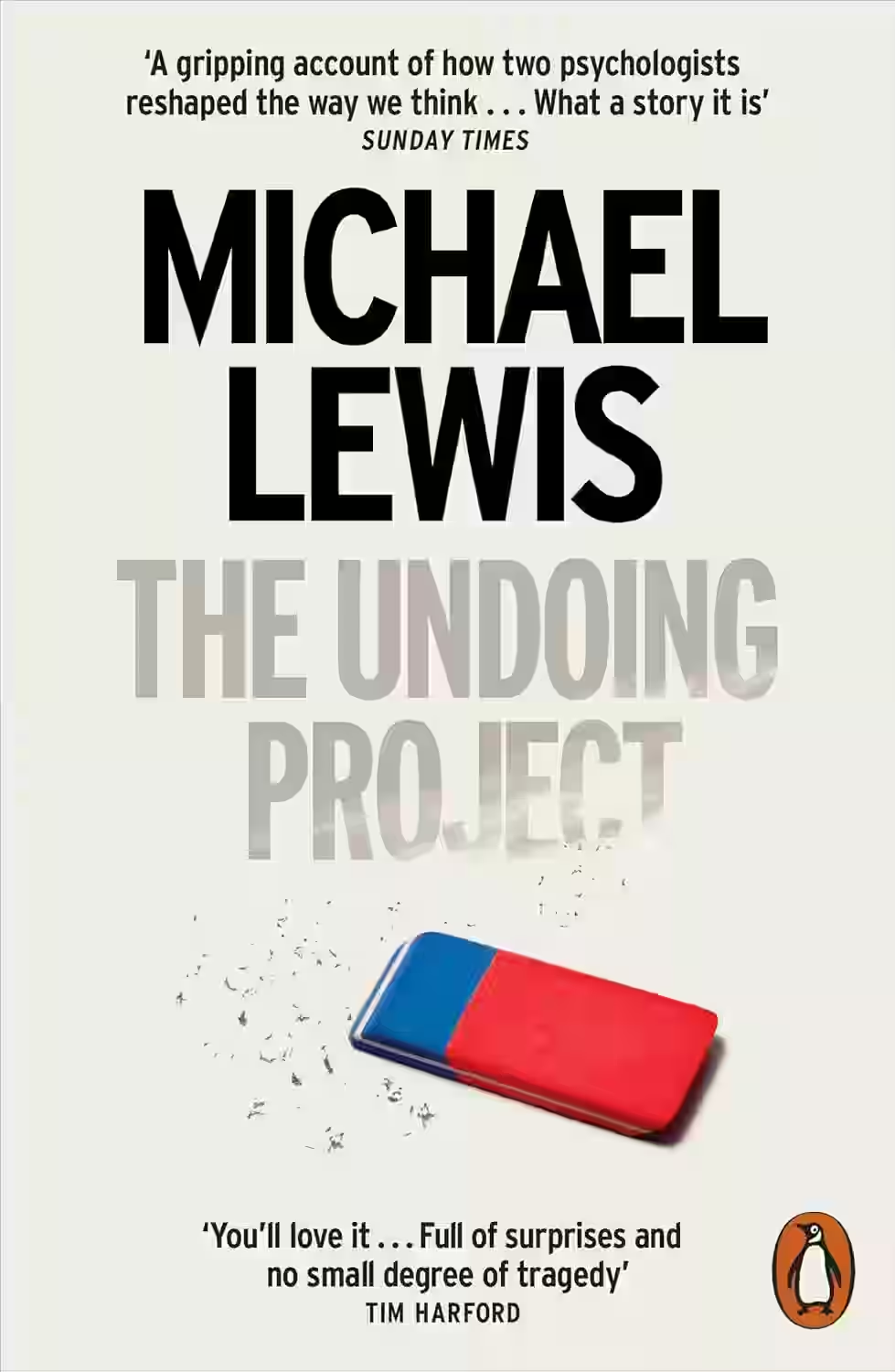
The Undoing Project
In 'The Undoing Project,' Michael Lewis delves into the fascinating partnership between psychologists Daniel Kahneman and Amos Tversky, whose groundbreaking work revolutionized cognitive psychology and our understanding of decision-making. Lewis skillfully weaves together their personal and professional lives, illustrating their complex bond and the significant impact their collaboration had on various fields, from economics to medicine. Through compelling storytelling, Lewis explores themes of human behavior, biases, and the unpredictability of the mind. This thought-provoking book challenges readers to reconsider their perceptions of rationality and offers profound insights into the intricacies of the human psyche.
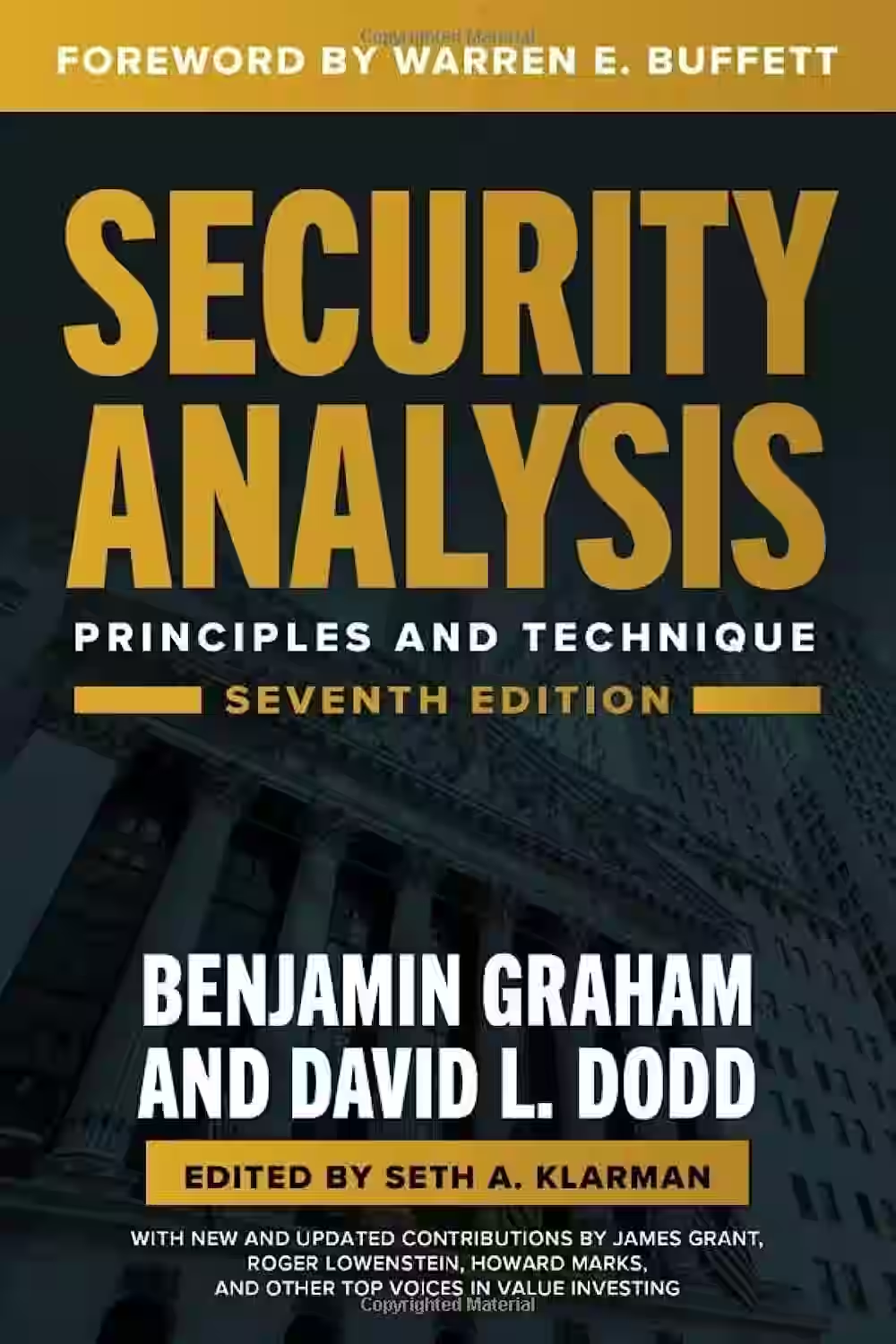
Security Analysis
by Benjamin Graham, David Dodd
In 'Security Analysis,' Benjamin Graham revolutionized the world of investment by introducing the concept of value investing, emphasizing the importance of thorough research and analysis before making investment decisions. Graham's timeless wisdom on intrinsic value, margin of safety, and market fluctuations continues to influence investors worldwide. The book provides a comprehensive guide to understanding financial statements, evaluating stocks, and building a successful investment strategy. With real-life examples and practical advice, 'Security Analysis' equips readers with the tools to navigate the complexities of the stock market and make informed choices. A must-read for both novice and seasoned investors.

The Road to Serfdom
In 'The Road to Serfdom', Friedrich Hayek delivers a powerful critique of socialism, arguing that planned economies inevitably lead to authoritarianism and loss of individual freedoms. Through lucid prose and compelling arguments, Hayek warns against the dangers of central planning and advocates for free-market capitalism as a safeguard against tyranny. He explains how government intervention in the economy can erode personal liberty and stifle innovation. This influential work continues to shape political and economic discourse, challenging readers to reconsider the role of the state in society. 'The Road to Serfdom' remains a thought-provoking and relevant read for anyone interested in the intersection of politics and economics.
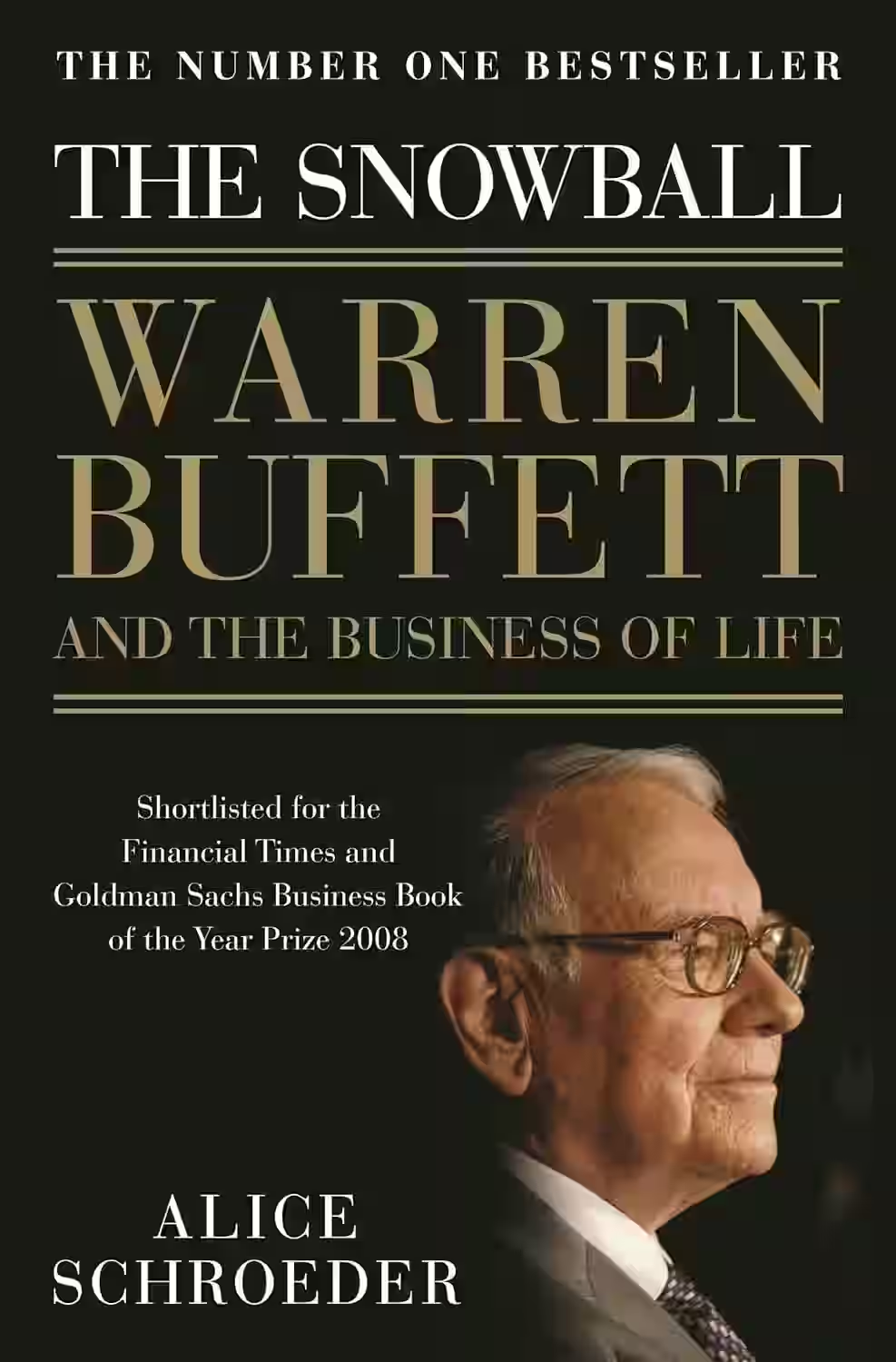
The Snowball: Warren Buffett and the Business of Life
In 'The Snowball: Warren Buffett and the Business of Life,' Alice Schroeder delves into the life of one of the most successful investors of all time, Warren Buffett. The book provides readers with a comprehensive look at Buffett's personal and professional journey, exploring his investment strategies, business decisions, and the principles that have guided his success. By chronicling Buffett's life from his early days to his rise as a billionaire, Schroeder offers valuable insights into the mindset of this legendary figure and the lessons that can be learned from his experiences. 'The Snowball' is a compelling biography that sheds light on the man behind the wealth.

Antifragile: Things That Gain from Disorder
In 'Antifragile: Things That Gain from Disorder,' Nassim Nicholas Taleb explores the concept of antifragility - the idea that some systems not only withstand chaos and unpredictability but actually thrive from it. Using a blend of philosophy, anecdotes, and practical examples, Taleb challenges the conventional notion of resilience and proposes that embracing randomness and disruption can lead to superior outcomes. Through engaging prose and thought-provoking ideas, the author encourages readers to reevaluate their understanding of risk, stability, and progress. This book offers a fresh perspective on how individuals and societies can benefit from disorder, making it a compelling read for anyone interested in personal development or systemic resilience.

Predictably Irrational: The Hidden Forces That Shape Our Decisions
by Dan Ariely
In 'Predictably Irrational', Dan Ariely explores the fascinating world of behavioral economics, shedding light on the irrationality that governs our decision-making processes. Through a series of thought-provoking experiments and real-life examples, Ariely challenges the traditional economic theory that humans always act rationally. He delves into topics like the influence of social norms, the power of free offers, and the impact of emotions on our choices. This book offers readers an eye-opening journey into the hidden forces that shape our decisions, provoking introspection and questioning long-held beliefs about our own rationality.
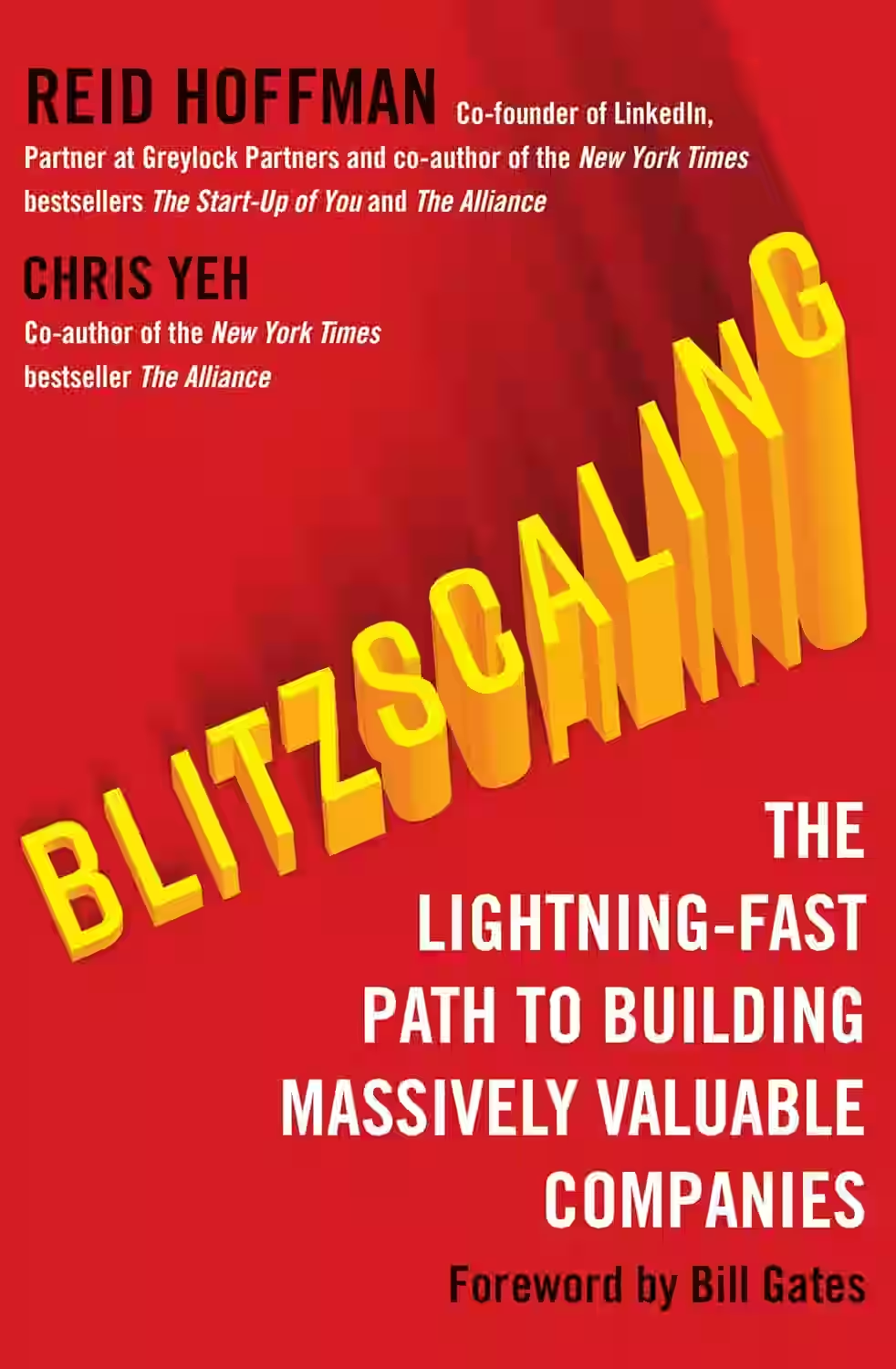
Blitzscaling
In 'Blitzscaling,' Reid Hoffman, a co-founder of LinkedIn, delves into the concept of rapidly scaling a business in a way that prioritizes speed over efficiency. Through case studies and real-world examples, Hoffman explores the strategies and challenges companies face when aiming for exponential growth, emphasizing the importance of prioritizing growth above all else. The book offers valuable insights into navigating the complexities of scaling a startup and shares practical advice on when to 'blitzscale' and when to proceed with caution. With a focus on disruption and innovation, 'Blitzscaling' is a must-read for entrepreneurs and business leaders looking to propel their organizations to new heights.
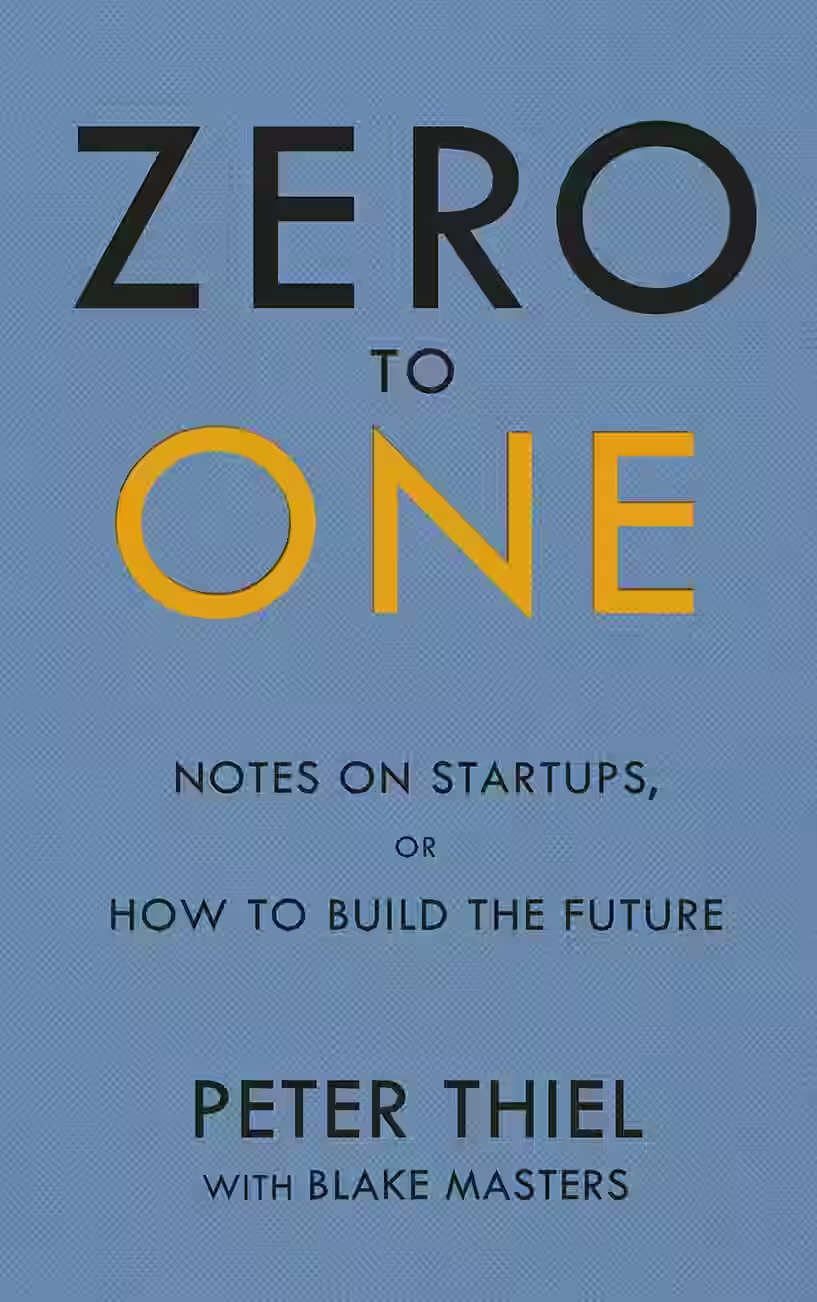
Zero to One
by Peter Thiel
In 'Zero to One,' Peter Thiel, co-founder of PayPal and Palantir, challenges conventional wisdom and offers valuable insights on building successful startups. Thiel emphasizes the importance of innovation and creating something unique (going from 'zero to one') rather than imitating existing models. He delves into the concept of monopoly power, highlighting how businesses can thrive by dominating a niche market. Thiel's entrepreneurial advice is both provocative and practical, encouraging aspiring entrepreneurs to envision the future and disrupt industries. This book is a thought-provoking read for anyone interested in entrepreneurship and innovation.
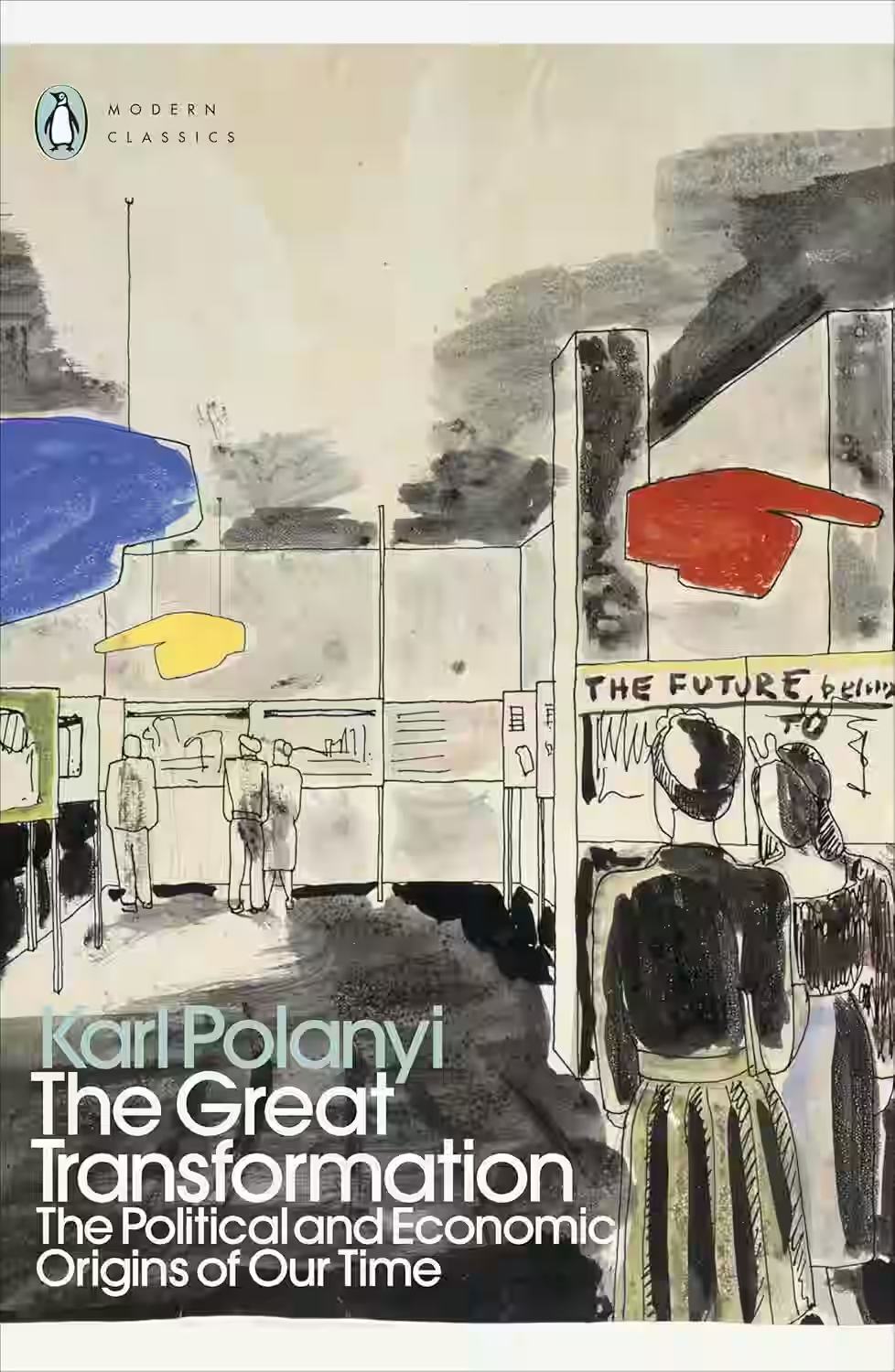
The Great Transformation
by Karl Polanyi
In 'The Great Transformation' by Karl Polanyi, the author dissects the roots of modern society's economic and social structures. Through a historical lens, Polanyi examines the shift from traditional to market economies, delving into the consequences of this transformation on individuals and communities. He argues that the commodification of land, labor, and money has led to widespread social dislocation and environmental degradation, presenting a thought-provoking critique of capitalism. With compelling insights and thorough research, Polanyi challenges readers to rethink prevailing economic ideologies and consider alternative models for organizing society. This seminal work remains relevant in today's discourse on economic inequality and sustainability.

Cashflow Quadrant
In 'Cashflow Quadrant', Robert T. Kiyosaki delves into the world of financial independence through the lens of four quadrants - Employee, Self-Employed, Business Owner, and Investor. Through insightful anecdotes and practical advice, Kiyosaki emphasizes the importance of moving from the left side of the quadrant (Employee and Self-Employed) to the right side (Business Owner and Investor) to achieve true wealth and financial freedom. He highlights the mindset shifts and financial strategies needed to transition between quadrants, encouraging readers to rethink their approach to money and work. This book serves as a roadmap for those seeking to break free from traditional employment and create sustainable wealth.
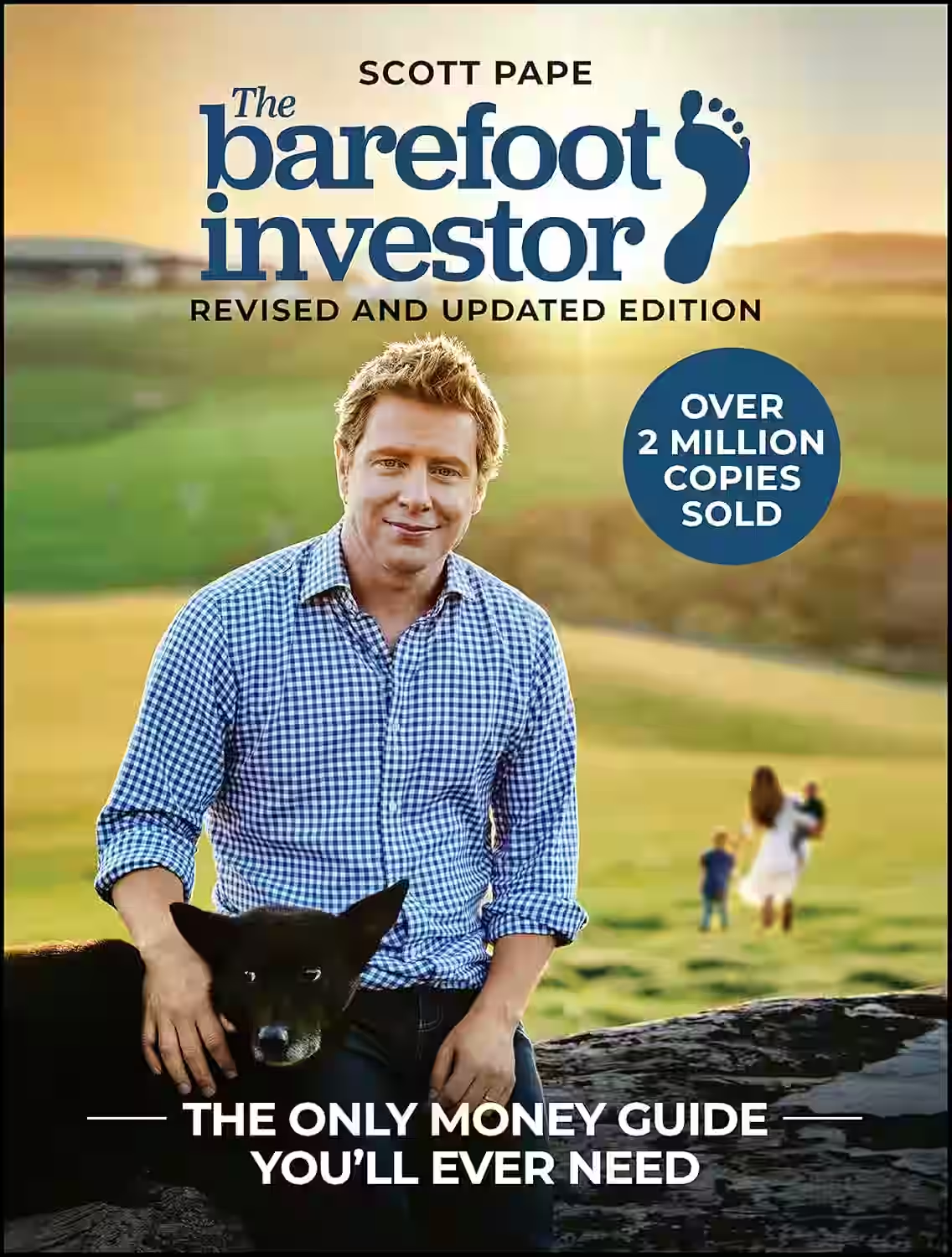
The Barefoot Investor
by Scott Pape
Scott Pape's 'The Barefoot Investor' offers a straightforward, relatable approach to personal finance that resonates with readers seeking financial empowerment. The book is structured around simple yet effective strategies aimed at long-term financial security, covering budgeting, managing debt, and investing. Pape uses a 'buckets' system to help readers visualize and implement effective financial plans. His conversational tone and practical advice are designed for everyday Australians but have universal appeal. The book's emphasis on achieving financial independence without sacrifice makes it accessible and motivating. 'The Barefoot Investor' is praised for demystifying financial jargon and providing actionable steps toward financial wellbeing.
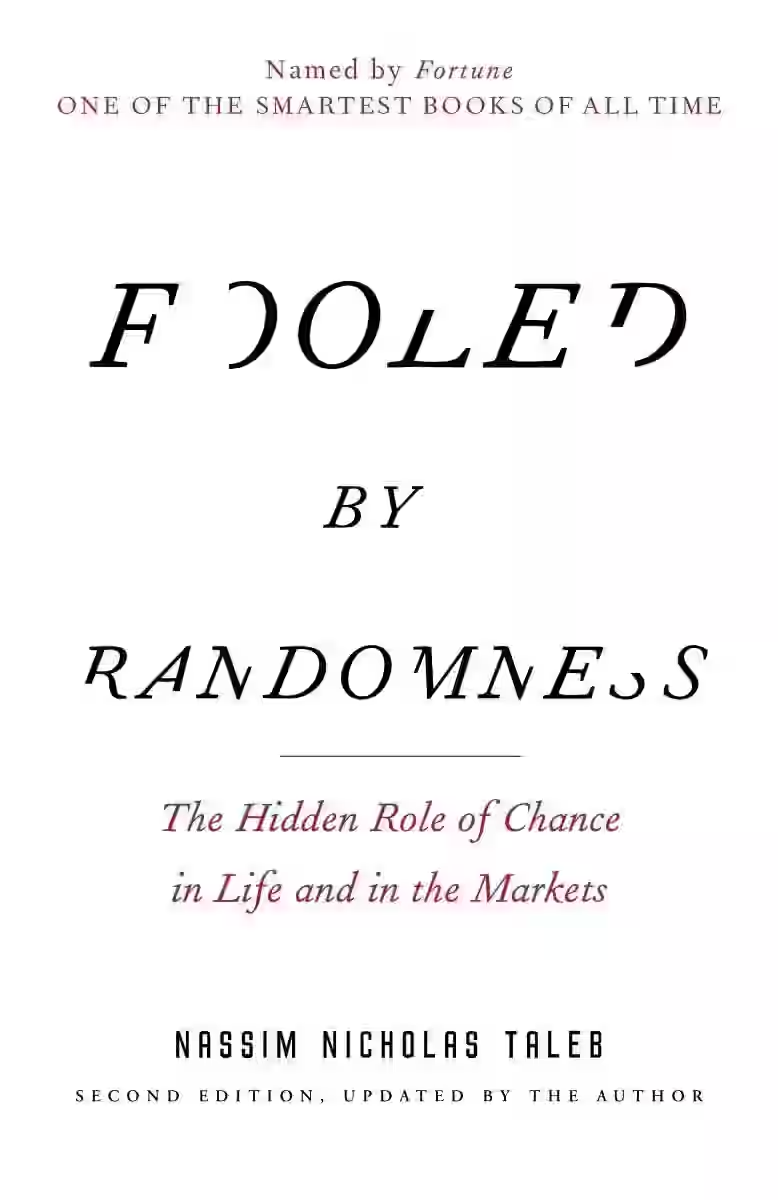
Fooled by Randomness: The Hidden Role of Chance in Life and in the Markets
In 'Fooled by Randomness,' Nassim Nicholas Taleb explores the intricacies of chance, luck, and randomness in our lives and in financial markets. Through a blend of anecdotes, insights, and mathematical models, Taleb challenges the conventional wisdom surrounding success and failure, arguing that random events play a larger role than we often acknowledge. By delving into the concepts of survivorship bias, overconfidence, and the narrative fallacy, Taleb encourages readers to reevaluate their understanding of risk and uncertainty. This thought-provoking book prompts reflection on how we perceive and navigate randomness, offering valuable lessons for decision-making in various spheres of life.
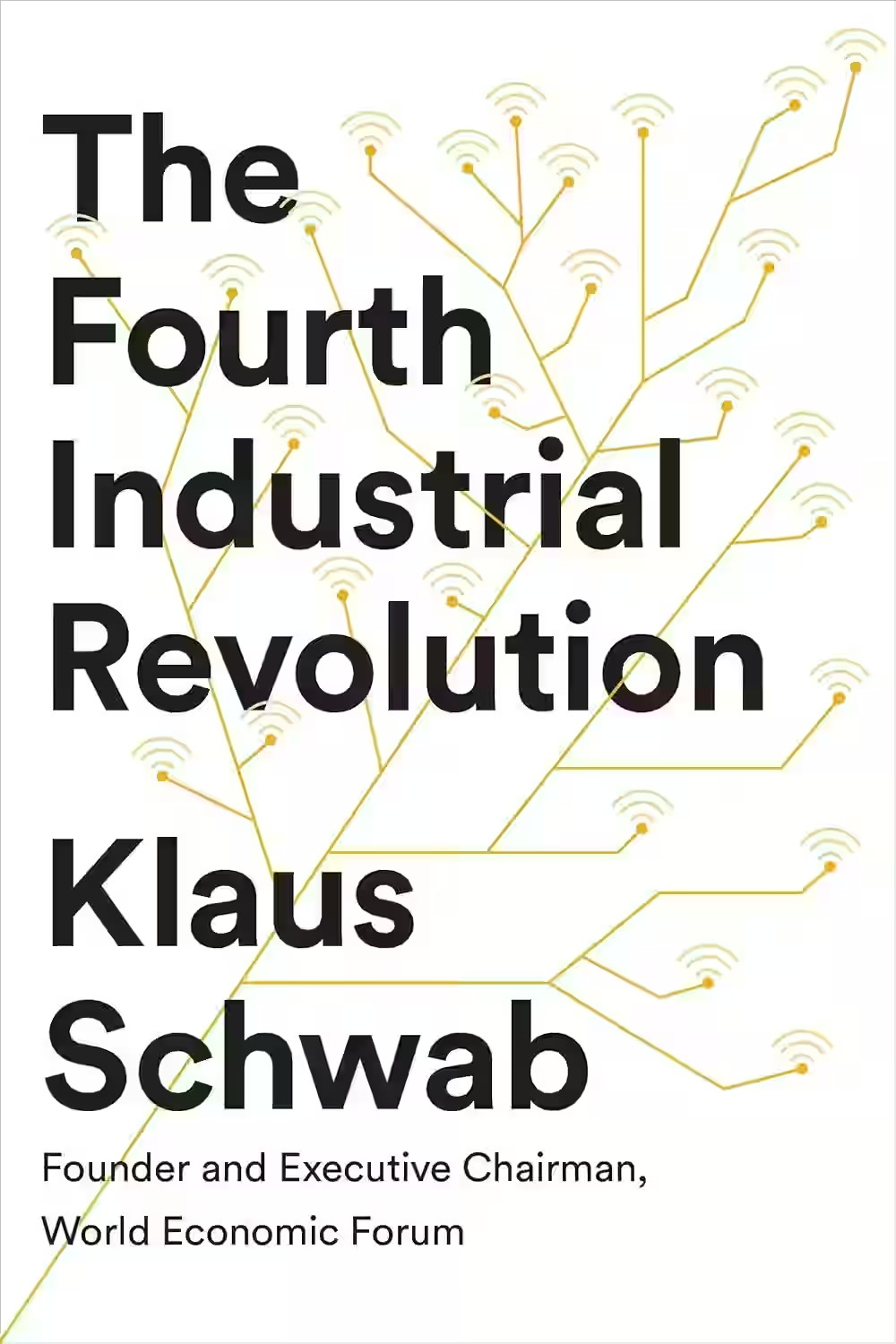
The Fourth Industrial Revolution
by Klaus Schwab
In 'The Fourth Industrial Revolution' by Klaus Schwab, the author delves into the transformative era we are currently facing, where technological advancements are reshaping industries and societies at an unprecedented pace. Schwab discusses how technologies like artificial intelligence, robotics, and the Internet of Things are blurring the lines between physical, digital, and biological spheres. He emphasizes the need for collaboration between governments, businesses, and individuals to navigate these changes successfully. The book serves as a call to action, urging readers to adapt to the new landscape to ensure a brighter future. With insightful analysis and thought-provoking ideas, Schwab presents a compelling vision of the future.